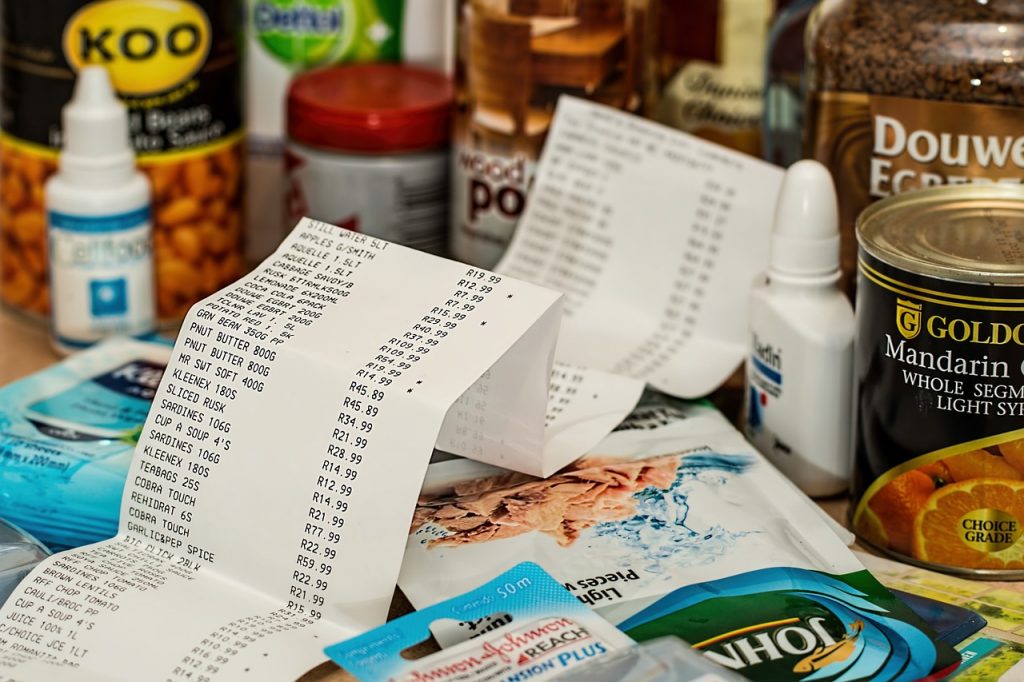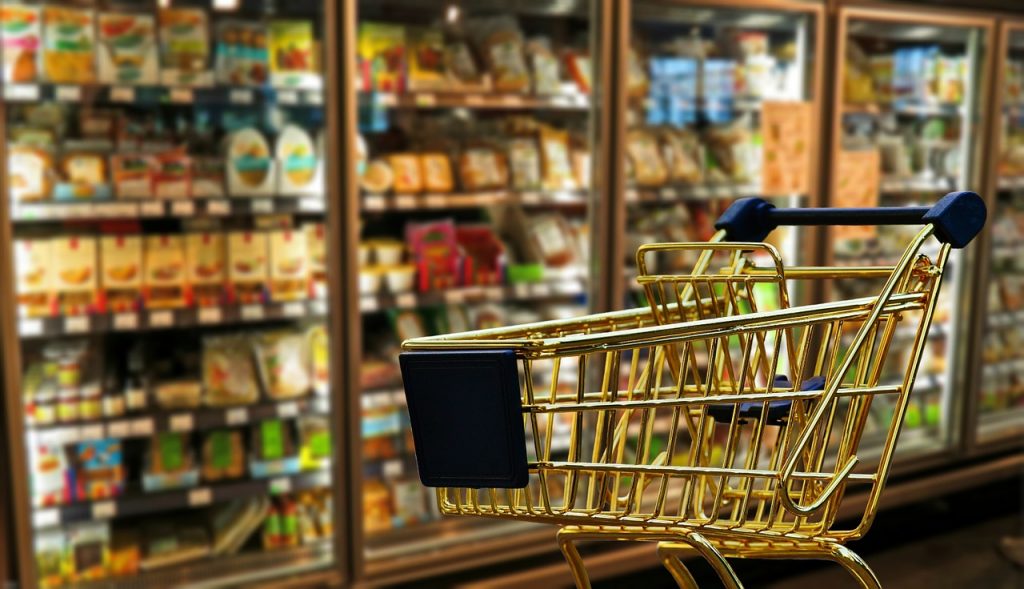Inflation Is Changing The Way People Shop
Inflated prices are causing people to completely change how they shop.
This article is more than 2 years old

Buyers are finding grocery store trips more and more fraught with sticker shock. Research shows an increase in inflation is undeniably a root cause of the fraught and is inflicting extreme hardship on the poor, proving too much for some people. Given the fact that it is unlikely to go away anytime soon, buyers should think about changing their shopping and purchasing patterns.
The patron-price index, which measures how much consumers spend on goods and services, increased by 7% in December, the fastest rate since 1982. The rise was broad-based, with the cost of leasing and a variety of other common low-cost items growing rapidly. Refrigerator staples, such as meats, poultry, fish, and eggs, are among the most common. As food wholesalers and retailers grapple with supply-chain interruptions and rising labor costs, these items increased 12.5% year over year.
Official numbers from a different source were released on Tuesday and revealed that raises to hourly and salary wages aren’t keeping pace with rising living costs. In November, regular salary, excluding bonuses and adjusted for inflation, decreased 1% from the same month the previous year. People on low incomes, according to Paul Johnson, director of the Institute for Fiscal Studies think tank, will be particularly hard hit by the strain on living standards. Purdue College’s professor and Head of Agricultural Economics, Jason Lusk, says, “Meal costs have been growing over the previous six months or so at charges [that] we haven’t seen in many years.”
While pricing control in the kitchen is new to many consumers, it is a way of life for chefs, restauranteurs, and others in the food industry. And businesses are now faced with the decision of whether or not to pass on rising wholesale prices to already-strapped consumers. Some food retailers, producers, traders, and restaurant owners have chosen to pass the cost difference onto customers. Some of the others, however, are choosing to take action and do all they can to keep overhead expenses to a minimum and not increase food prices. They are doing this through collaboration with cooperatives and local agencies that help them sell and deliver food directly to local customers.
Although it may appear as an obvious hint, organizing grocery trips as a way to combat inflation’s effects is more important than ever right now. For some people, planning for and organizing grocery trips can make the difference between sticking to a budget or blowing it. This is why shoppers should plan meals for the week ahead and check to see what items are needed that aren’t already in the kitchen pantry. This allows shoppers to keep grocery trips to a minimum each week, which can help save money on food, fuel costs, and wear and tear on the car.

According to consultants, substitution is important. This, too, will necessitate some pre-shopping planning. For example, because meats are more expensive right now, you could make chili with half the usual amount of ground beef and compensate with lentils or other legumes to achieve the same heartiness. Pantry staples like beans have remained relatively low-cost despite vast inflation.
Shoppers can also take advantage of any specials to fill up the freezer and pantry to help keep a food budget under control. It’s fairly easy to find and take advantage of specials when shopping at some of the cheapest grocery stores. Shopping for private-label items can help shoppers stay within their budgets, as well, and make dealing with inflation easier. Scouring drugstores and convenience stores for food deals can save money, but this is usually an option only for those with the time to make trips to several different stores.
If planning for and shopping for multiple meals each week seems overwhelming, shoppers can always start with one meal per week and scale it up from there. Doing this makes it easier to recognize the usual items to pick up on grocery trips. It can help shoppers avoid squandering money on unnecessary items, too. Overall, experts agreed that attempting to cook more at home will likely be a good step toward successfully navigating this period of rapid inflation, as eating out is more expensive than usual.



